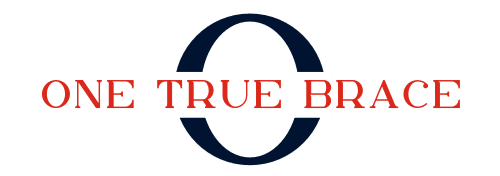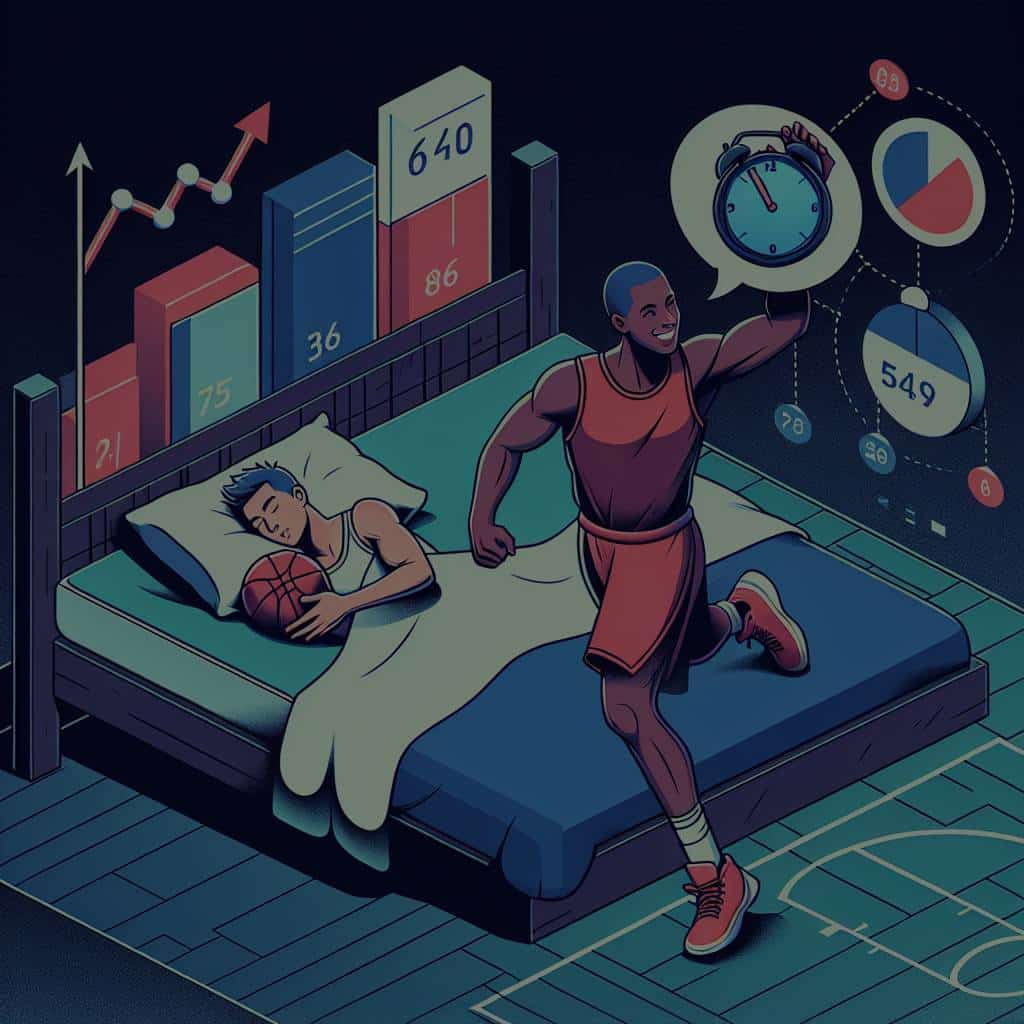Sleep – one of the most crucial, yet often overlooked factors when it comes to sports performance. In recent years, the interaction between sleep and athletic performance has garnered significant attention. Professional sports organizations, particularly within the realm of basketball, have started to take note of the profound impact of sleep on players’ performance.
As athletes, you are constantly seeking ways to optimize your performance on the court. You invest countless hours in training and pay close attention to your diet and health. However, the quality and amount of sleep you get often do not receive the same level of attention. Now, let’s delve into the scientific side of sleep and its relation to peak performance in professional basketball players.
Also read : How to Use Machine Learning to Predict Injury Risk in High-School Football?
The Science Behind Sleep and Performance
Before diving into specific sleep patterns, it’s crucial to understand the science behind why sleep is so essential for athletes. Good quality sleep facilitates physical recovery, cognitive function, and emotional well-being—all of which significantly influence your performance in sports.
Numerous studies have shown that sleep deprivation can lead to decreased reaction times, reduced endurance, poor accuracy, and increased susceptibility to injuries. Furthermore, lack of sleep can impair decision-making skills, a vital component of game strategy in basketball.
Have you seen this : What Strategies Can Help Professional Athletes Maintain Mental Health During Injury Recovery?
In contrast, ample sleep enhances physical performance. A study published by the National Collegiate Athletic Association (NCAA) found that extending sleep duration significantly improved free-throw shooting accuracy among basketball players. Hence, the scientific evidence is clear—adequate and quality sleep plays an integral role in enhancing athletic performance.
Optimal Sleep Duration for Peak Performance
Determining the optimal sleep duration for peak performance is a complex task, as individual sleep needs may vary. However, the National Sleep Foundation recommends seven to nine hours of sleep per night for adults. But is this the same for athletes?
Research indicates that athletes, due to the physical demands of their training, might require more sleep than regular adults. For instance, a study conducted on elite basketball players found that those who slept for an average of 8.5 hours per night performed better during games than those who slept less.
The Effects of Travel on Sleep
The demands of professional basketball often involve frequent travel for away games. Crossing multiple time zones can disrupt an athlete’s sleep pattern, a phenomenon known as jet lag. Besides causing fatigue and disorientation, jet lag can significantly impair athletic performance.
One study on the effects of travel on athlete performance found that basketball players traveling from West to East (losing time) had lower sleep quality and performed worse in games compared to when they traveled from East to West (gaining time). Therefore, managing sleep during travel should be a key focus for basketball players seeking peak performance.
Post-Game Recovery and Sleep
Post-game recovery is crucial for professional athletes. It’s during sleep that your body undergoes essential recovery processes—muscle repair, memory consolidation, and the release of hormones that promote growth and stress reduction.
A recent study showed that the quality of sleep significantly impacts recovery post-exercise. Athletes who had a higher quality of sleep reported less fatigue and quicker recovery times compared to those with poorer sleep quality. As basketball is a sport that requires high intensity and fast-paced movement, prioritizing sleep can help speed up recovery and maintain optimal performance.
Extension of Night-Time Sleep and Napping
Some recent research suggests that extending night-time sleep and incorporating daytime naps can further enhance athletic performance. Stanford University conducted a study on collegiate basketball players and found that extending their sleep to a minimum of ten hours per night improved their shooting accuracy, speed, and overall physical well-being.
Napping, on the other hand, can provide a brief period of recovery and rejuvenation, especially when night-time sleep is not sufficient. A study found that short naps could improve alertness, mood, and cognitive functioning in athletes.
In conclusion, while more research is needed to establish an optimal sleep pattern for peak performance in basketball players, the current evidence strongly advocates for the prioritization of sleep in an athlete’s routine. Ensuring you get the right quantity and quality of sleep can have a significant impact on your performance. So, it’s time to put sleep at the forefront of your training regime, alongside diet and exercise. You might be surprised by how much improvement you can see in your game.
Personalized Sleep Hygiene for Athletes
Personalized sleep hygiene refers to the practice of tailoring sleep habits to cater to an individual’s specific needs. For professional basketball players, this means adjusting sleep schedules to fit with training, games, and travel schedules. It also involves creating a sleep-friendly environment and following a bedtime routine that promotes quality sleep.
Google Scholar reveals numerous studies indicating the benefits of personalized sleep hygiene for athletes. For example, a study found that athletes who followed a personalized sleep hygiene routine saw improvements in their reaction time, mood, daytime sleepiness, and overall athletic performance. These athletes also reported fewer sleep problems, such as difficulty falling asleep or staying asleep.
Sleep hygiene practices can include maintaining regular sleep hours, even on non-training days; avoiding caffeine and heavy meals close to bedtime; creating a dark, quiet, and comfortable sleep environment; and establishing a relaxing pre-sleep routine. Each player may have different needs and preferences, so it’s essential to experiment and find what works best for you.
Moreover, acknowledging the mental health aspect of sleep is crucial. Sleep problems can often be a symptom of underlying mental health issues like stress or anxiety. Therefore, addressing mental health is an integral part of improving sleep health and, consequently, athletic performance.
Sleep Monitoring and Intervention in Professional Basketball
Given the impact of sleep on athletic performance, many professional sports organizations are now investing in sleep monitoring and intervention programs for their athletes. These programs often involve the use of wearable technology to track sleep patterns, duration, and quality. Such data can help identify any sleep problems and devise personalized interventions to improve sleep health.
For instance, a systematic review of studies on elite athletes found that sleep interventions, such as sleep extension and cognitive behavioral therapy for insomnia, significantly improved sleep quality and athletic performance. Another study found that even simple interventions, like education about the importance of sleep and tips for improving sleep hygiene, had positive effects on athletes’ sleep and performance.
In conclusion, the importance of the effect of sleep on peak performance in professional basketball players is evident. Multiple factors, including sleep duration, sleep quality, time zone changes, and personalized sleep hygiene, can significantly impact a player’s performance. Therefore, professional basketball players should prioritize good sleep health as part of their training regime and lifestyle. Also, organizations should consider setting up sleep monitoring and intervention programs to support their players and help them achieve peak performance. As research continues to evolve, hopefully, we will see even more solutions that can further optimize the sleep patterns of athletes. Regardless, it’s clear that sleep is the secret weapon for anyone striving to achieve their best on the court.











